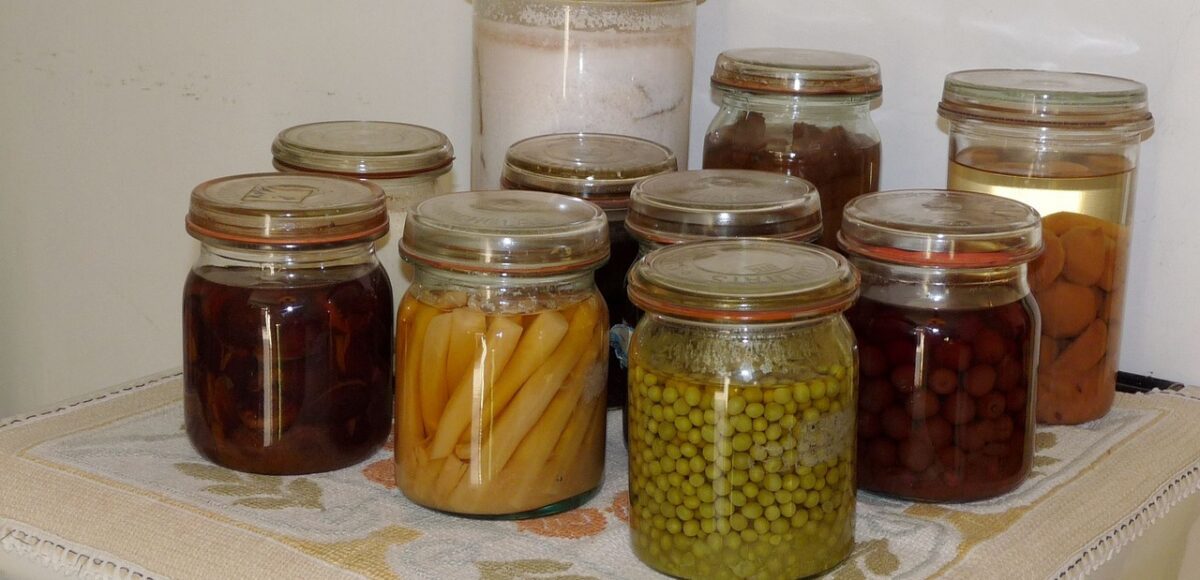Vegetable Nutrients are essential to human body development, it becomes a challenge when the human body lacks this nutrient from vegetables if not handled properly before being cooked.
Before the sizzle of pans and the release of tempting aromas, lies a crucial step in our culinary journey that often goes unnoticed—preserving the vital nutrients locked within our vegetables.
Combining fresh vegetables into our daily diets brings a superabundance of health benefits, providing essential nutrients that fuel our bodies.
In this article, we delve into the lesser-known facts about preserving vegetable nutrients before cooking. From ingenious prepping techniques to storage secrets, this exploration aims to unlock the full potential of your ingredients, ensuring that every feast becomes a powerhouse of wellness.
Here Are Some Tips On How to Preserve Vegetable Nutrients
- Choose Fresh Vegetables
- Store Vegetables Properly
- Cook vegetables quickly
- Don’t overcook vegetables
- Don’t soak vegetables
- Use the cooking water
- Eat the skin
Vegetables are a great source of vitamins, minerals, and antioxidants. Nonetheless, cooking and storing vegetables can damage some of these nutrients.
Choose Fresh Vegetables.
The fresher the vegetables, the more nutrients they will contain. Fresh vegetables are the first step in preserving their nutrients. Always go for lively colors of the vegetables you want to purchase that lack blemishes or wilting. Seasonal and locally sourced produce often boasts higher nutritional content due to shorter transportation times. Choosing wisely sets the stage for nutrient-rich meals that benefit your health and taste buds alike.
Store Vegetables Properly.
Maximize freshness and nutrition by mastering proper vegetable storage. Discover the ideal conditions, containers, and techniques to keep your produce at its prime. From leafy greens to root vegetables, learn the simple steps to ensure your ingredients stay crisp, flavorful, and ready for your next delicious dish.
Make it a habit to store vegetables in a cool, dark place.
Avoid storing vegetables in the refrigerator for too long, as this can also damage nutrients.
Cook Vegetables Quickly.
Do You Know?
Quick Cooking Preserves Nutrients in Your Vegetables.
Rapid cooking methods like steaming or stir-frying help retain vital nutrients in vegetables. Prepare meals that are not only fast but also packed with health benefits. This is the secret to maintaining flavor and nourishment in every bite.
Cooking your vegetables for a long time can damage nutrients. Steaming or stir-frying are good methods for cooking vegetables quickly.
Don’t Overcook Vegetables.
Overcooking vegetables can also damage nutrients.
The nutritional value of your meal is to Retain Nutrients: this is the Importance of Avoiding Overcooked Vegetables
Overcooking vegetables can lead to nutrient loss and diminished flavors. Note the significance of proper cooking times and techniques in preserving the nutritional value of your veggies. These tips ensure that your meals are not only delicious but also brimming with essential vitamins and minerals.
Don’t Soak Vegetables.
While tidying up veggies is essential, prolonged soaking can leach out nutrients and flavors. Always do the right thing to wash your veggies without sacrificing their nutritional value. Maintain the goodness of your vegetables while keeping them clean and ready for cooking.
Use The Cooking Water.
The cooking water from vegetables can contain nutrients that have leached out. Use this water in soups, sauces, or gravies to get the most nutrients out of your vegetables.
Eat The Skin.
The skin of many vegetables is a good source of nutrients. Don’t peel vegetables unless it is necessary.
Don’t toss those peels! Many vegetable skins are rich in fiber, vitamins, and antioxidants. It has a rewarding benefits
Here Are Some Additional Tips for Preserving Vegetable Nutrients:
Buy Local Vegetables.
Local vegetables are picked when they are ripe and have not traveled long distances. This means they will have more nutrients.
Grow Your Vegetables.
Growing your vegetables is the best way to ensure that you are getting fresh, nutrient-rich vegetables.
By following these tips, you can help preserve the nutrients in your vegetables and enjoy all the health benefits that they have to offer.
Here Are Some Additional Facts About Preserving Vegetable Nutrients:
Some nutrients in veggies are very sensitive to heat than others. For example, vitamin C is a water-soluble vitamin that is easily destroyed by heat. Cooking vegetables in water can leach out vitamin C, so it is best to steam or stir-fry vegetables instead.
The Cooking Method Can Also Affect The Nutrient Content Of Vegetables.
For example, boiling vegetables can destroy some of the B vitamins. Microwaving vegetables is a gentler cooking method that preserves more nutrients.
The length of cooking time can also affect the nutrient content of vegetables.
Cooking vegetables for a long time can destroy some of the nutrients. It is best to cook vegetables until they are just tender.
Storing Vegetables Properly Can Also Help To Preserve Their Nutrients.
Store vegetables in a cool, dark place. Avoid storing vegetables in the refrigerator for too long, as this can also damage nutrients.
By following these tips, you can help preserve the nutrients in your vegetables and enjoy all the health benefits that they have to offer.

